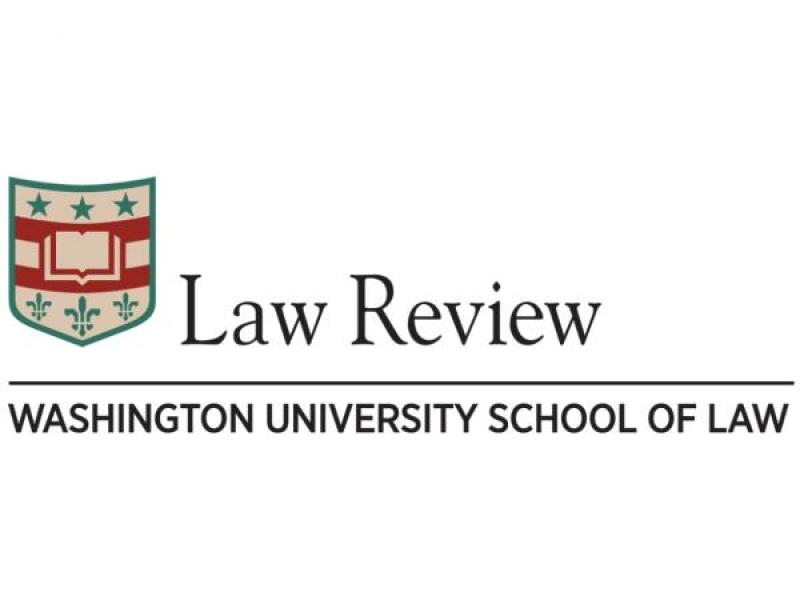
Document Author(s):
Year Published:
Region:
Article: Evidenced-Based Lawyer Regulation (Washington University Law Review 2019)
The legal profession has been losing its authority over the regulation of legal services. Recent changes in antitrust law have put state bar associations under a spotlight. Competition from technology companies and concerns about access to justice have increased political pressure for market liberalization. Independent research is challenging the unique value of lawyers’ services, even in formal legal proceedings, and this research is increasingly well-organized and well-funded at the national level. The organized bar is asleep at the wheel and ill-prepared to respond.
This article argues that the United States is moving toward evidence-based lawyer regulation, and suggests strategies for equipping the bar to contribute to evidence-based policy-making. It focuses specifically on strategies for institutionalizing independent research norms within the profession and promoting research as an essential component of professional self-regulation.
The article concludes that the United States is moving toward evidence-based lawyer regulation citing the Supreme Court's narrowing of the scope of state-action antitrust immunity for professional licensing boards in 2015 and the American Bar Association's adoption of the Model Regulatory Objectives for the Provision of Legal Services in 2016. It also concludes that the profession is losing its authority over the regulation of legal services and has a responsibility to engage in the growing national research conversation about access to justice, and to expand its commitment to evidence-based lawyer regulation.
Recommended Citation:
Chambliss, Elizabeth, Evidence-Based Lawyer Regulation (November 18, 2019). 97 Wash. U. L. Rev. 297 (2019), Available at SSRN: https://ssrn.com/abstract=3343786